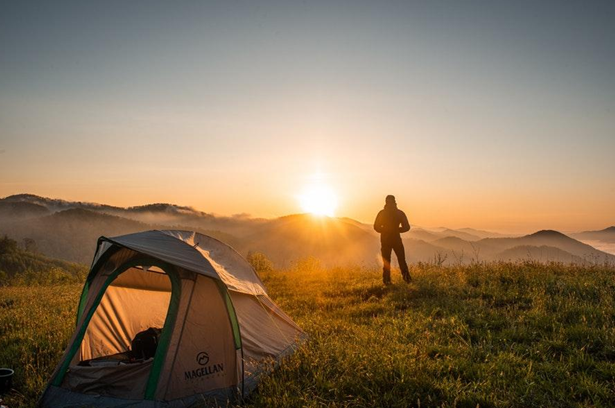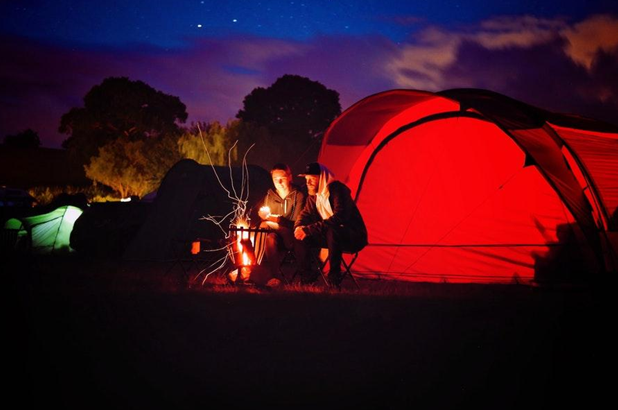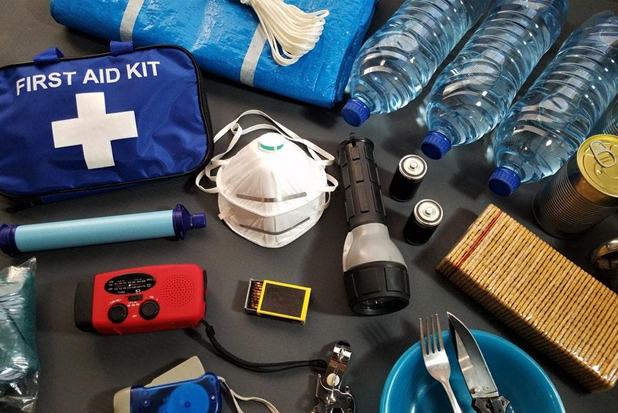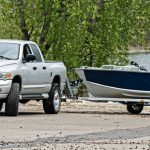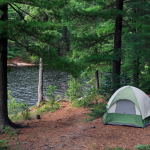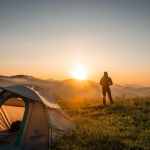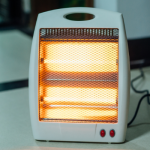It is easy to understand why so many people are attracted by the idea of going out into the backcountry, even for a couple of hours. Most of us feel the need to set aside modern life, at least for a couple of hours, and recharge our batteries by spending that time in nature. Naturally, those more adventurous among us want to have some new challenges and learn the ways of the environment around us, which is exactly why they opt for backcountry camping trips. The experience gained on such trips is something that stays with you forever and you will probably start planning your next trip as soon as you get back home.
However, such adventures involve careful planning and preparation. Otherwise, many things can go wrong, and you may end up bitterly disappointed. To help you avoid the common mistakes people make, we have prepped the following tips, which are based on the experience of so many people from all over the world. Take a good look at them if you want your next (or perhaps your first) trip to be memorable:
What Food Do You Need?
Depending on how long you are planning to stay away from the amenities of modern life, you will need to pack more or less food. If your idea is to spend just a few hours or one day in the backcountry, you do not need to bring any food that requires cooking. That also means you do not need a stove, which is great when it comes to the load you will need to carry. You can rely on salami, cheese, bagels, nuts, and seeds. In colder weather, hot drinks such as cocoa, tea, and instant soups will go a long way when it comes to warm both the body and the spirit.
The secret is to keep all meals as simple as possible, especially if you do not have much experience camping. You can opt for freeze-dried meals or instant soups that only need some hot water poured over them. Another good idea is to use concoctions made with pasta and veggies, or macaroni and cheese.
When it comes to cooking, you can choose a stove that uses cans of pressurized gas or a type of alcohol. Just make sure you analyze all options available before making a purchase. Cooking over a wood fire is another option, but you need to be aware of the risk of a forest fire. It’s probably best to choose a spot close to water to put out the fire when you’re done. Needless to say, never leave a stove or fire unattended.
Shelter
If you have already secured the provisions for your trip, you need to focus on your shelter. It can be anything from a simple tarp installed over your head to a modern lightweight tent and camping lights. Whichever option you choose, you need to practice setting it up before you go into the backcountry. You should ensure that all the parts are there for the tent or that you know a few knots to set up a tarp. You’re going to need a reliable switch blade knife to cut the rope or paracord, but it can also be used to help you prepare food or even protect yourself.
Finally, you will need a sleeping bag. We recommend you opt for a synthetic one, suitable for the season in which you are camping. Modern sleeping bags are really lightweight and do not take up a lot of space in your backpack while providing very good protection from the cold weather. Some campers also use a sleeping pad, which is a great thing to have, since it provides extra comfort and makes sleeping more enjoyable.
Navigation
Apart from eating and sleeping, you’ll need to know how to get to where you want to go. Luckily, you can use a GPS in most places, but you should also know how to read a map in case the battery on your phone is dead. In the backcountry, you may be reading maps to find your way on a lake or river, to go in the right direction in a whiteout on a mountain, and if your GPS fails, you will be very happy you invested some time in figuring out the age-old navigation device: a compass.
Learn Basic First Aid
Solo travelers absolutely need to learn basic first aid, though probably every outdoor enthusiast should do the same. It can help you know what to do if something happens, and even better, how to prevent accidents from happening. Accidents do happen in nature. You might get cut with a pocket knife while cutting bread or branches or you might burn your skin if you spill boiling water on it. Would you know what to do in such situations? If the answer is negative, make sure you learn as much as possible about first aid. Remember that safety is of paramount importance for every type of holiday, especially the one where there are so many potential risks involved.
Keep The Place Clean
Spending time in the wilderness means we are having a tremendous impact on trails, fragile environments, rivers, streams, and forests. It is our job to minimize this impact. So, carry out everything you take in, including food particles that attract insects and wildlife, trash, and basically everything that wasn’t there before you got to the campsite. Not only will you do your bit when it comes to environment protection, but you will also leave the spot clean for the next camper.
Scour your pots away from water and carry water away from the stream do your scrubbing there. The same goes for bathing: carry water 100 yards away from the stream, so that any soap will be filtered by soil. Do not get in streams with sunscreen and bug spray on your skin. Instead, rinse or scrub those chemicals off first, away from the water, before going in for a dip. As they say, “take only memories, leave only footprints”.
All these tips may seem daunting to some, but you simply have to follow them if you want to have a memorable backcountry camping trip. The secret is to start with small steps, such as an overnight stay at a state park near your home or in your backyard. When you gain some experience, you will feel ready for a great adventure, and only then will you be able to truly enjoy what no other type of holiday can offer.
